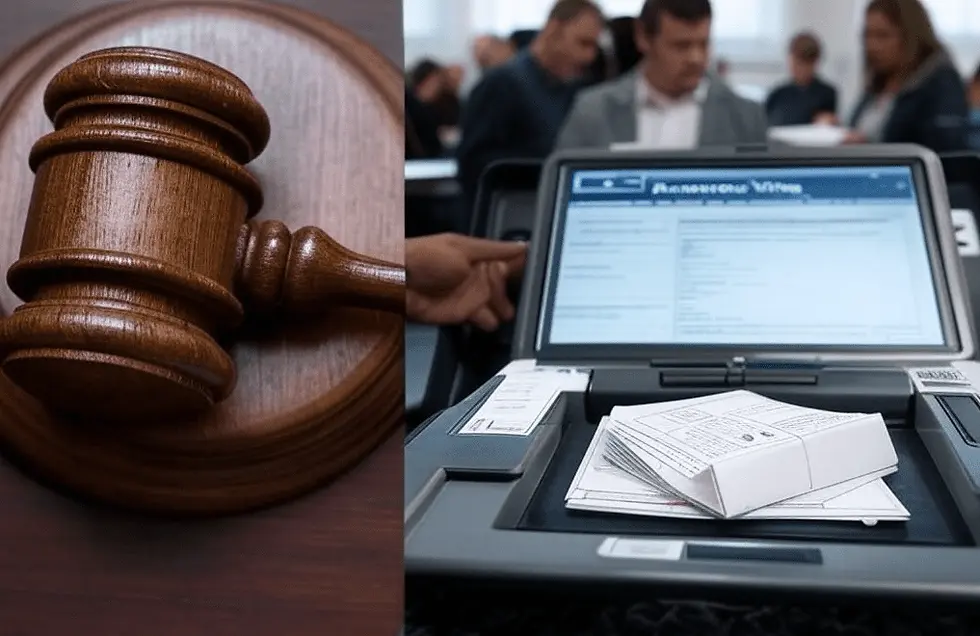PA Department of State Violates Federal Election Law Leading to the Dilution of Military Votes
- Sep 3, 2023
- 2 min read
Updated: Nov 20, 2023
Harrisburg, PA – Erick Kaardal announced today that PA Fair Elections filed a complaint against the Pennsylvania Department of State (DoS) alleging violations of federal election laws. The Help America Vote Act of 2002 (HAVA) was passed to establish minimum standards for the administration of federal elections including the requirement for verification of identity and eligibility for individuals who seek to vote in a federal election. Many states have verification requirements far beyond the low minimum standard set by HAVA, but no state can legally implement a lesser standard. Unfortunately, the PA Department of State (DoS) has done just that. Through unlawful guidance, the DoS is instructing election officials to violate HAVA and risks the dilution of military votes by allowing ineligible individuals to receive and vote an absentee overseas ballot.
A local citizens group advocating for election integrity filed a complaint Tuesday with an administrative law judge claiming the Pennsylvania Department of State is violating federal election law at the behest of progressive nonprofit groups.
At issue are thousands of overseas ballots from nonmilitary people, who may or may not be U.S. citizens or former Pennsylvania residents.
At a virtual press conference, lawyers representing a group called PA Fair Elections said federal election law does require nonmilitary overseas voters to provide identification, such as a copy of their driver’s license or Social Security card, to vote. While military members are not required to show ID, other overseas voters are under the Uniformed and Overseas Citizen Absentee Voting Act (UOCAVA).
September 21, 2022
Election officials and the media often refer to late arriving ballots as military votes. This is a misnomer. Certain absentee voting privileges, which had previously been reserved for the military, were expanded to include US citizens living abroad, even those who have never lived in the United States. Federal laws have created serious vulnerabilities through the use of email and electronic voting and unverified registration of non-military overseas persons. The result is that 63% of the voters claiming UOCAVA privileges were allegedly non-military overseas citizens.




Comments